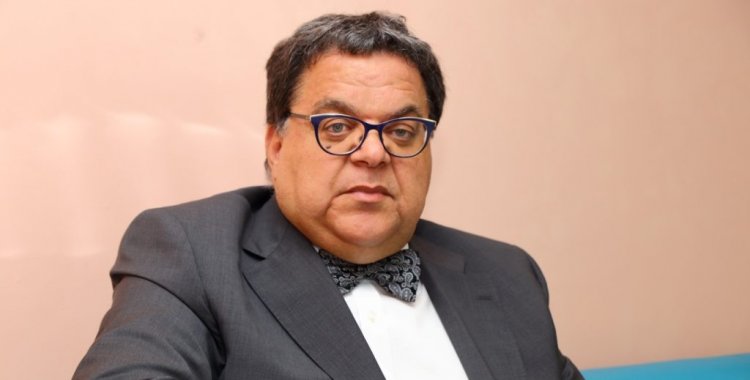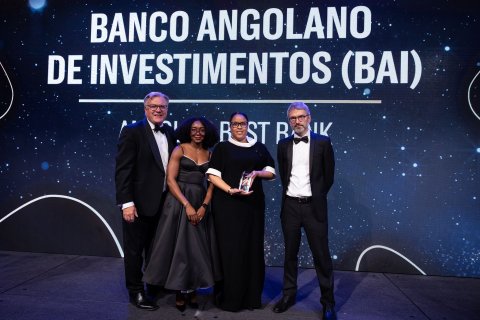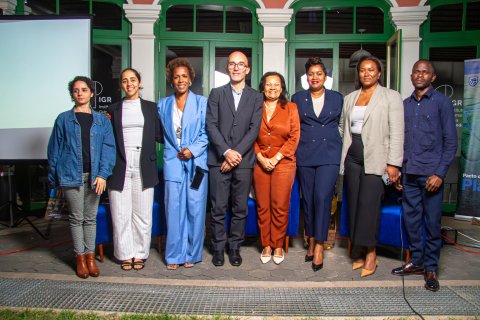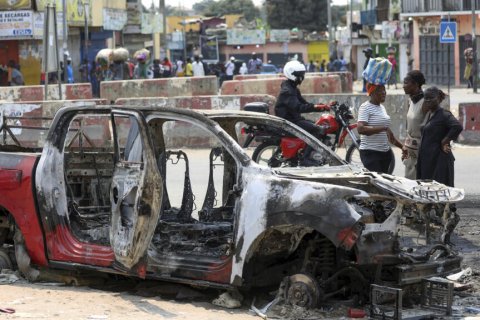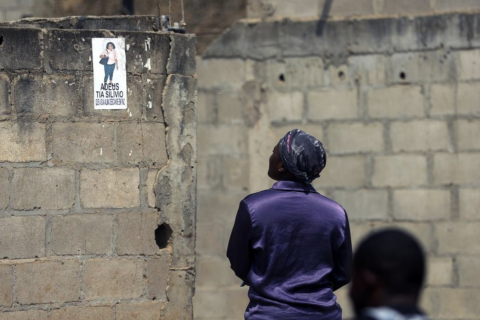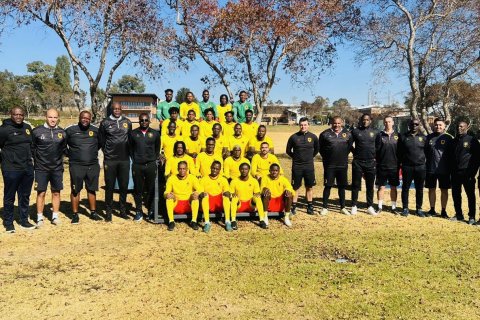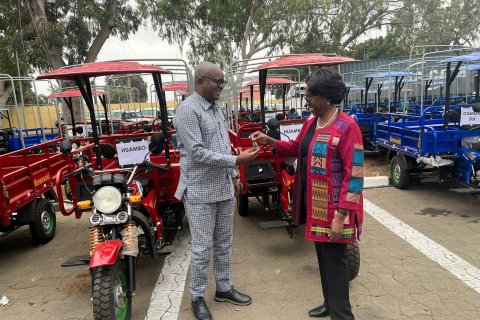According to the lawyers, the health situation of São Vicente, a Portuguese-Angolan businessman married to Irene Neto, daughter of the country's first president, and a "prolonged and unjustified" detention, exposes the 64-year-old businessman "to a risk of death", and they referred to "inhumane and degrading treatment, as well as a violation of his right to dignity".
In a statement, they state that Carlos São Vicente, sentenced on 24 March 2022 to nine years in prison for the crimes of embezzlement, tax fraud and money laundering, served half of his sentence on 26 June 2024, even though, they reaffirm, he was "arbitrarily convicted" by an "illegal and unfounded" conviction by the Luanda District Court.
The defense considers that São Vicente, according to Angolan law, should be released on parole because he "suffers from four chronic illnesses and does not represent any type of danger that could affect the legal order or social peace".
They regret that the Ministry of the Interior continues to "actively and inexplicably refuse to grant the request for release, especially for medical treatment".
The lawyers denounce "the repeated requests for medical treatment for São Vicente that have been blatantly ignored or postponed" and that his medical condition has become "deeply worrying, exposing him to serious consequences".
They therefore advocate his immediate release, "if not for legal reasons, for humanitarian reasons".
The United Nations Working Group on Arbitrary Detention concluded that the detention of the Portuguese-Angolan businessman Carlos São Vicente was arbitrary and called for his immediate release and compensation, according to the final opinion released last February.
The Attorney General of the Republic (PGR) said on 1 March that Angola had not been notified of the opinion of UN experts on the São Vicente case, adding that it was trying to recover assets that are still in Switzerland and Singapore.
The lawyers also insist that São Vicente's arrest constitutes a "serious violation" of the International Covenant on Civil and Political Rights and the Universal Declaration of Human Rights, instruments ratified by Angola.

